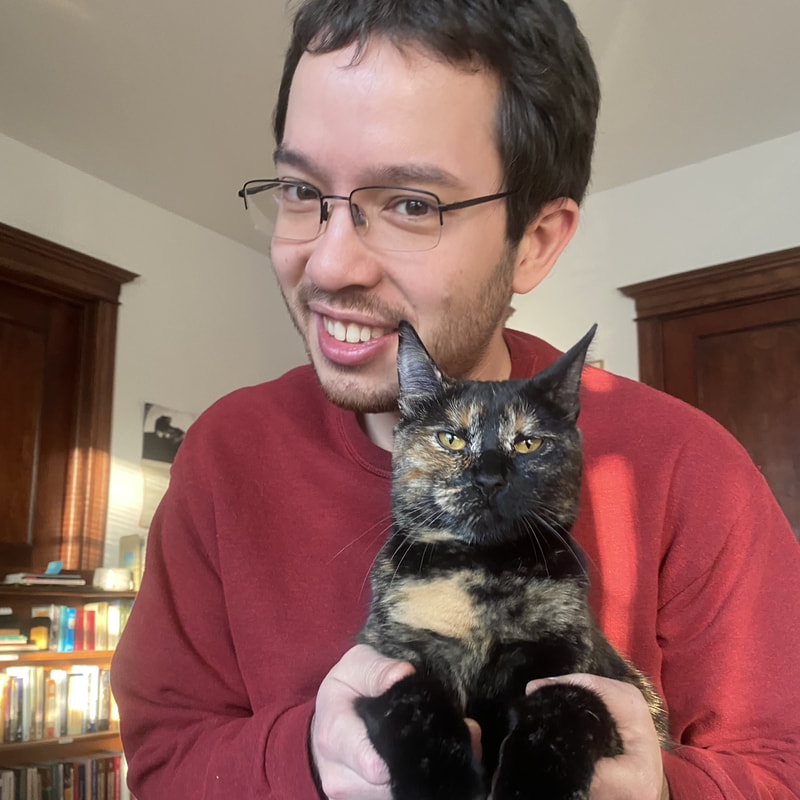|
Published in the opinion page of the Holland Sentinel, the newspaper of Holland, Michigan. Freedom of speech is being suppressed! This, at least, is the allegation of this, my hometown newspaper, in its Sunday editorial. In it, The Sentinel expresses “alarm” at Hope College’s having condemned its students’ Confederate flag. For, The Sentinel supposes that educators should entertain all expression neutrally — “no matter how different or frowned upon.” In defense of its allegation, what does The Sentinel draw from? Not any articulation of values by its own community. Rather, The Sentinel reaches to rhetoric from the University of Chicago — whose college I now attend, three years after graduating from Holland High. But my experience on the ground at the U of C warns me against such a neat, neutral supposition of freedom. No, developments there have taught me that freedom of expression is only as strong as the values that support it. If we are to value everyone’s voice, then, we cannot allow some to be silenced. In defending its allegation, The Sentinel selects from a January report of my university, arguing, for instance, that “debate or deliberation may not be suppressed …” The Sentinel concludes, “Hope College should heed those words.”
But were The Sentinel to notice how the U of C has used those words, it might need to reconsider. Most notably, in June, students and community members nonviolently protested U of C. In response, its president and provost issued a rare all-campus email emphasizing their January report — but not to defend the freedom of those who had spoken out. Instead, they defended their having had university police arrest nine, eight of whom they then banished from campus for life. (Editor's Note: According to news reports of this June 3 incident, police and firefighters had to break through a wall and window of a University of Chicago administration building after nine protesters barricaded themselves inside, demanding a meeting with the university president to discuss opening a trauma center.) Of course, as was noted in that email, we cannot possibly defend all expression. For, expressions that “prevent members of our community from listening … diminish freedom of expression.” Integral to open discourse, then, is discourse on just whose expression threatens others’, and whose expression is threatened. To discern this, we must inevitably discern our values supporting our openness. So what of The Sentinel’s standard-bearer, the University of Chicago? Was its speech threatening, or was its community’s? Let me be the first to disclose that, after attempting neutrality, I came around to community members’ perspective: I joined an effort through which 81 Chicagoland faith leaders voiced concerns in a letter to U of C. Similarly, this summer, almost 78 U of C faculty, including an author of the U of C report, joined in a letter to voice concerns that “University decision-makers decline to engage in open dialogue.” And lo, just last month, U of C administration conceded to demands, to the tune of $40 million and counting. Perhaps my university’s defense is not so defensible after all. At least, The Sentinel’s model is faulty; perhaps The Sentinel’s allegation is also faulty? Indeed, is it so much as possible to entertain all speech neutrally? In the case of the Confederate flag, it seems … doubtful. As the relevant post to Hope’s own student-blog put it, “perhaps the flag was flown for other reasons,” but “one cannot argue that the flag was flown when people were lynched.” It “unavoidably brought about the assumption that someone harbored hatred towards the black students of Hope.” Educators’ nonresponse, then, would only make it harder for their minority students to speak openly — especially critical given Hope’s longtime struggle to recruit diversity (incidentally, diversity is largely why I chose U of C over Hope — though Hope is improving). So if we must learn to engage, who can we draw from? I, for one, submit that to start, we need look no further than the recent steps of our local college. Hope obviously has a long way to go, but on this occasion, it seems to have treated its students as adults, from the top down. No less than its president, John Knapp, emailed that he personally would engage all students of the dorm involved, meeting with them “to discuss our responsibilities as members of a community” — “a community where diversity is valued.” Also, Hope is affording those who flew the flag due process. Most importantly, in removing the flag, Hope is affording those who the flag degraded more freedom to express themselves — and thus to engage their peers, prejudice and all. In my experience, it is this engagement, and not some values-free rhetoric free of neutrality, that ultimately opens campus discourse. In the 19th century, our nation decided that some states’ freedom to enslave cannot eclipse all races’ freedom to be. In the 21st century, our communities can decide to value the freedom of all races to speak. |
Professionally...[my name] at yahoo dot com
|

 RSS Feed
RSS Feed
